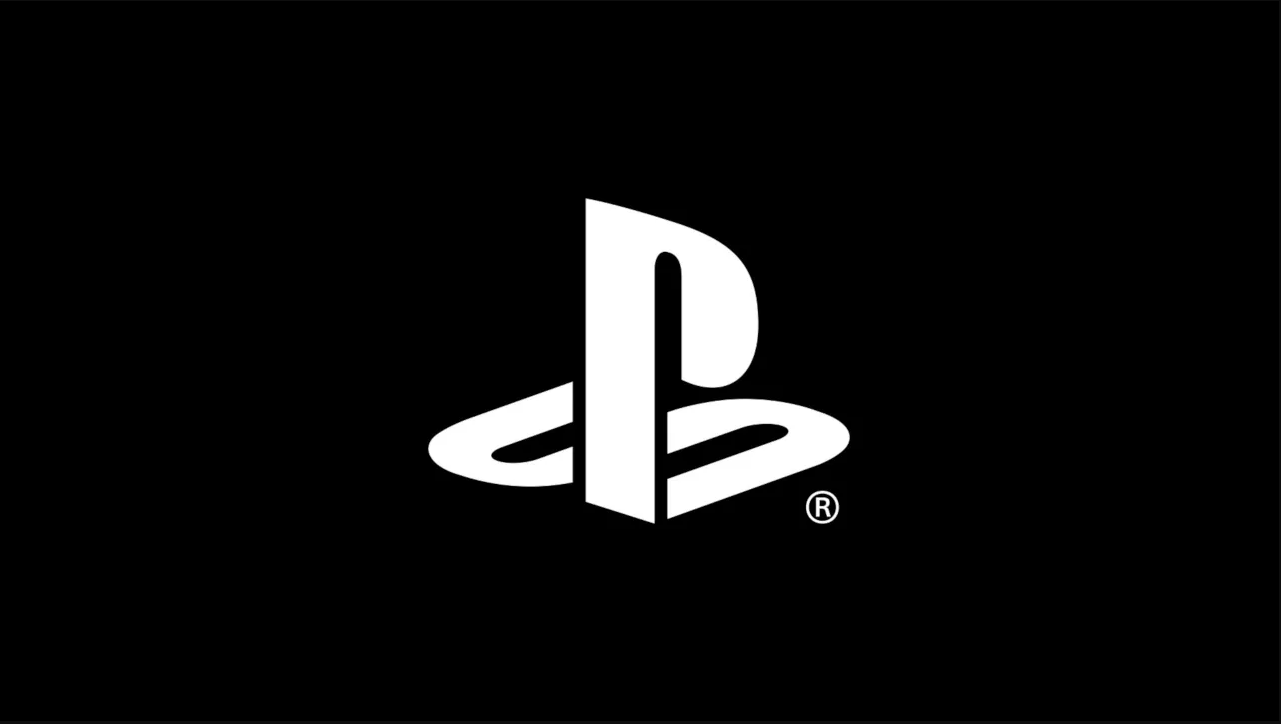A recent report from Kotaku suggests that indie game developers are becoming increasingly frustrated with PlayStation’s policies and what they suggest seems to be a general lack of support for the indie game industry.
This report comes on the heels of indie game publisher Iain Garner’s recent Twitter tirade in which he spoke about working with PlayStation (identified in his tweets as “Platform X” or “the operator of a very successful console and does not have Games Pass”) and the ways he claims they ignore most indie games and indie developers.
Garner then goes on to detail the process of getting your indie game listed on the PlayStation Store. While said process includes a number of controversial technical and promotional policies, the part that really caught people’s attention was Garner’s claim that the PlayStation team makes it very difficult for people to find your game at all, even when it’s launched. In fact, he says that there’s really only one way to guarantee that your game will be easily discoverable on the PlayStation Store:
Garner’s thread left many fans with unanswered questions regarding not only the validity of his claims but the extent of them. While Garner noted that he has spoken to “very popular devs” who have gone through similar experiences, some felt that Garner simply had an ax to grind or is somehow biased against the PlayStation platform.
While the recent Kotaku article mentions that they received similar comments from those unhappy with their report on Garner’s accusations, they also received quite a few messages from indie developers and publishers who supported Garner’s claims wholeheartedly. In fact, some of their statements suggest that Garner may have actually been underselling the extent of this issue.
“Sony does not understand what indie means,” says an anonymous indie game publisher “Not at all. For them, indie is something in the lower million budgets.”
The various indie representatives who contributed to the report claim that one of the biggest problems with publishing your game on the PlayStation Store is indeed a lack of exposure or even basic discoverability features. While paying for additional exposure is not uncommon when it comes to digital storefronts, developers and publishers say that PlayStation doesn’t offer a consistent way for people to easily find your game unless you are willing to pay for it. It almost sounds like the indie developer version of “pay-to-win” DLC.
It’s important to stop here and emphasize that these developers aren’t claiming that PlayStation is the only platform that offers additional exposure for more money. That’s a pretty common practice. What’s significantly more uncommon, at least according to the developers who contributed to this report, is how PlayStation consistently struggles to communicate with indie developers over even seemingly minor issues and how that lack of communication makes everything unnecessarily difficult.
“We’re a pretty established developer with a proven track record, but I honestly have no idea who to even contact to make console sales happen,” says Ragnar Tørnquist of Red Thread Games. “It’s like trying to be heard in the vacuum of space.”
That’s the part nobody seems to understand. Yes, it makes some weird sense that Sony wants to try to charge developers more money for increased exposure, and yes it makes some sense that they wouldn’t give indie developers as much support as they offer Triple-A studios and their first-party teams. However, it’s not clear why the PlayStation Store doesn’t offer developers some of the basic features that Nintendo and Microsoft provide, nor is it clear why Sony seems so hesitant to answer basic questions in a timely manner or even just invite more indie developers to industry shows.
Say what you will about the fiscal viability of these smaller games compared to larger titles, but it still sounds like PlayStation’s policies may be costing them at least some amount of money. Multiple indie developers and publishers shared sales figures that reveal PlayStation is consistently the lowest selling platform for their games. In one of the most extreme cases of that discrepancy, one anonymous publisher says that their game sold about 20,000 copies on Xbox and about 7,000 copies on PlayStation. When they released DLC for that game, it sold about 2,000 units on Xbox compared to only 7 units sold for PlayStation platforms.
Even if you take the most cynical stance possible on this subject by suggesting that Sony has the right to use the popularity of their platform as a negotiating advantage, that still doesn’t quite explain why they’re seemingly denying developers access to basic tools like the ability to easily start their own sales or why the PlayStation Store isn’t organized in a way that at least makes it slightly easier to find games without searching for their exact name.
While this could all be attributed to the usual twin evils of greed and maliciousness, it has to be said that some of these problems may just be the result of the PlayStation Store’s somewhat outdated structure and UI. We also can’t ignore the fact that Sony has made some…odd decisions over the years that were all seemingly implemented as part of an attempt to isolate the PlayStation platform from the rest of the gaming industry. Their slow support of even basic crossplay features is probably the best example of that “strategy,” and even when they did decide to support crossplay, reports indicate that they found a way to charge developers for the “privilege” of using that feature.
So while it’s unlikely that the PlayStation team will suddenly become the biggest indie supporters in the world as a result of these accusations, it would at least be nice to see them offer a competitive level of support (or even just a few more developer-friendly features) at a time when Microsoft and Nintendo are finding ways to close the hardware sales gap that seemingly makes it much easier for Sony to justify some of these policies in the first place.
